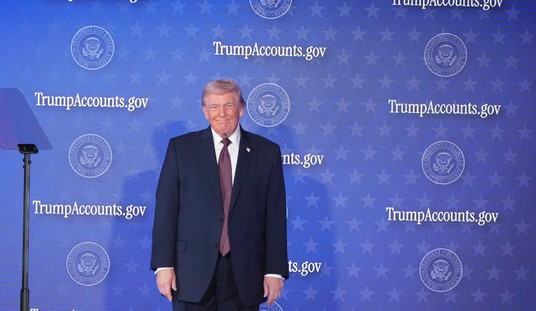The federal government has begun nosing around in daily fantasy sports (DFS). Last year, Preet Bharara, the U.S. Attorney for the Southern District of New York, launched an investigation as to whether DFS violates federal law. This May, the House Subcommittee on Commerce, Manufacturing and Trade held a hearing to “consider whether there is a federal role to play” in regulating the industry.
Subcommittee Chair Rep. Michael C. Burgess, M.D. (R-Texas) expressed concern that, “[a] patchwork of differing and contradictory policies by the states could have negative consequences for consumers, as well as further growth and innovation.”
The feds should stand down. As the Taxpayers Protection Alliance has argued before, states have traditionally and rightfully controlled gaming policy within their borders. Federal action in this regard would erode state sovereignty and impede states’ ability to regulate and approve gaming as they see fit.
It’s not altogether clear where the states will fall.
Recently, the New York legislature passed a measure that permits daily fantasy sports companies to do business in the Empire State. The measure was the result of a contentious battle precipitated by legal action from New York Attorney General Eric Schneiderman and riddled with accusations of lobbying impropriety.
The chips fell differently in Illinois. There, the state legislature appeared close to approving DFS before a scandal broke out that caused the Illinois House to reconsider. State Rep. Rita Mayfiled accused a FanDuel lobbyist of offering the Illinois Legislative Black Caucus campaign donations in exchange for votes, a violation of the law. Rep. Mayfield was initially a co-sponsor of the bill in question. As a result, Illinois tabled the bill. Without a 60 percent super-majority, the bill will not receive consideration until January, when the legislature is back in regular session.
Recommended
Apart from the histrionics, at issue in these and other state legislative debates is the question of whether the product offered by companies like FanDuel and DraftKings is actually a form of gambling. Proponents of DFS argue that rather than gambling, what they offer is skill-based gaming. This point of view advances their cause because it allows them to operate outside existing state laws and regulations that govern gambling.
Opponents say DFS is indeed gambling and the fact there is some skill involved is irrelevant. After all, they argue, poker and other games involve some level of skill and yet are regulated by the states. “Gambling can be defined as ‘placing something of value to be won or lost on an event of uncertain outcome in the hopes of winning something greater.’ Upon deeper exploration, daily fantasy sports clearly meets this definition of gambling,”says Timothy Fong, associate clinical professor of psychiatry at UCLA and co-director of the UCLA Gambling Studies Program.
States have generally identified three factors in their definitions of gambling: consideration (a bet), chance and prize. This is how states identify “wagering:” Risking money for gain, contingent upon chance or the operation of a gaming device.
Policymakers deserve enough time to examine the impact DFS is having on their state without federal intrusion or confusion.

























Join the conversation as a VIP Member